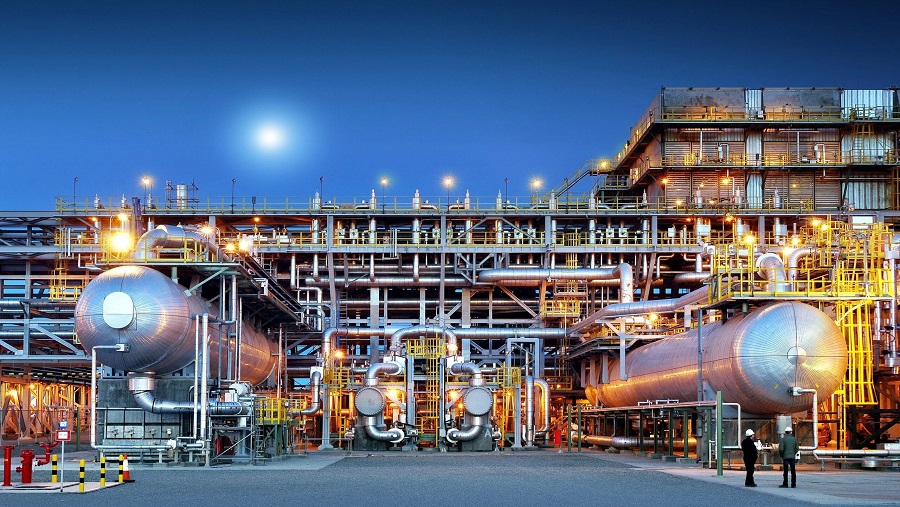Nigeria’s economic landscape is witnessing a significant transformation as the nation’s foreign reserves soar to $42.01 billion, the highest in nearly two years, and comprehensive reforms in the oil sector attract substantial foreign investments.
Surge in Foreign Reserves
The Central Bank of Nigeria (CBN) reports that the country’s external reserves have risen from $38.35 billion at the end of September 2024 to $42.01 billion by December 12, 2024. This increase is attributed to strategic policies aimed at enhancing foreign currency inflows through formal channels, including remittance-targeted reforms and engagement with International Money Transfer Operators (IMTOs).
CBN Governor Olayemi Cardoso emphasized that the current reserve level is sufficient to finance over nine months of importation of goods and services, surpassing the international benchmark of three months. He stated, “Despite the challenges facing our economy, there are clear reasons for optimism. The gradual stabilization of the forex market, ongoing banking sector recapitalization, and positive growth trends in key sectors indicate a path toward recovery and stability.”
Oil Sector Reforms Attracting Investments
In parallel, the Nigerian National Petroleum Company Limited (NNPC) has undergone significant leadership changes, with President Bola Tinubu appointing former Shell executive Bayo Ojulari as the new Group Chief Executive Officer. Ojulari’s appointment is part of a broader strategy to revitalize the country’s oil sector, which is central to Nigeria’s economy, contributing to 90% of exports and half of government revenue.
Under the new leadership, the NNPC aims to increase oil production to 2 million barrels per day by 2027 and 3 million barrels per day by 2030. The company is also focusing on enhancing transparency and efficiency, with plans to restructure operations and divest non-core assets.
These reforms have already yielded positive results, attracting approximately $17 billion in foreign investments in 2024. The enactment of the Petroleum Industry Act (PIA) 2021 and executive orders issued by President Tinubu have liberalized the regulatory framework, offering incentives for cost recovery, royalty payments, and profit-sharing mechanisms.
Investor Confidence and Economic Outlook
The combination of increased foreign reserves and substantial investments in the oil sector has bolstered investor confidence in Nigeria’s economy. The CBN’s commitment to maintaining naira stability and improving foreign exchange inflows, coupled with the government’s proactive approach to economic reforms, positions Nigeria as an attractive destination for investors.
Analysts predict that these developments will lead to a more stable exchange rate, with the naira expected to strengthen against the dollar. Additionally, the anticipated increase in oil production and improved efficiency in the sector are likely to enhance government revenues and support economic growth.
Nigeria’s recent economic strides, marked by a significant rise in foreign reserves and transformative oil sector reforms, signal a promising trajectory for the nation’s financial stability and growth. As the government continues to implement strategic policies and attract foreign investments, Nigeria is poised to solidify its position as a leading economy in Africa.

